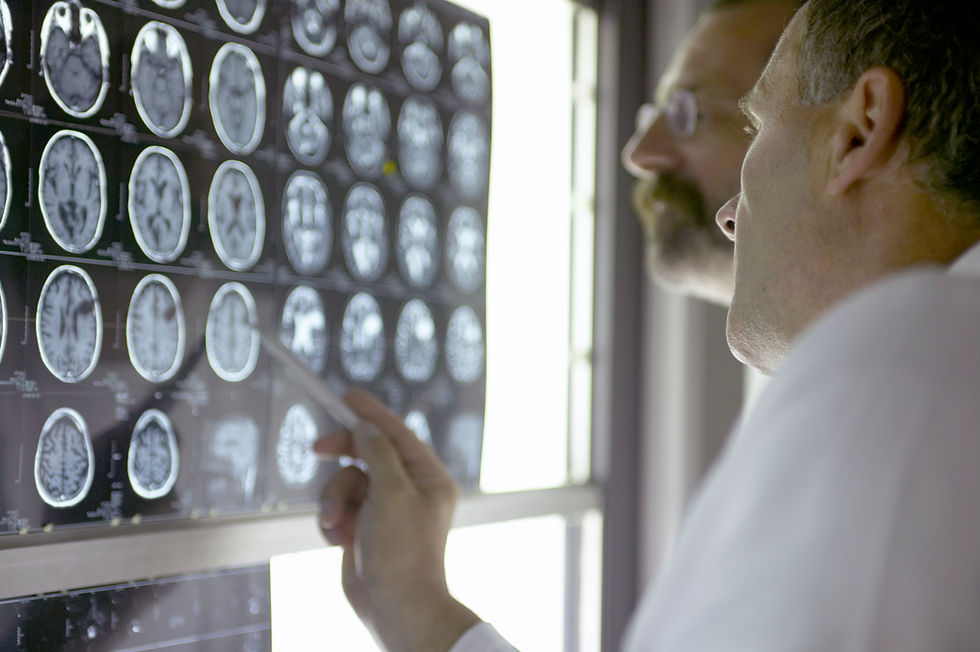Neurofeedback Sessions for Depression
- Michela Parisi

- Dec 5, 2024
- 2 min read

Depression can feel like an endless battle, but innovative approaches like neurofeedback are providing new hope for those seeking effective treatment. Neurofeedback sessions for depression target the brain’s activity, helping to restore balance and improve emotional well-being. This drug-free therapy is gaining popularity as a powerful tool in managing and overcoming depression.
What Are Neurofeedback Sessions for Depression?
Neurofeedback is a non-invasive therapy that trains the brain to self-regulate by using real-time feedback on brainwave activity. For individuals struggling with depression, this approach focuses on identifying irregular brainwave patterns and encouraging healthier activity, promoting emotional balance and resilience.
Brain Mapping
The process begins with a brain mapping session, where brain activity is measured to identify areas of dysregulation.
Customized Feedback
Using the brain map as a guide, neurofeedback sessions for depression are tailored to address the individual’s specific needs.
Training the Brain
During sessions, participants engage in activities like watching videos or playing simple games. Feedback is given when the brain operates within the desired range, gradually training it toward better function.
Long-Term Changes
Over time, repeated neurofeedback sessions help the brain establish healthier patterns, reducing symptoms of depression.
The Benefits of Neurofeedback Sessions for Depression
Drug-Free Solution
Unlike medication, neurofeedback offers a side-effect-free alternative for managing depression.
Sustainable Results
Neurofeedback focuses on long-term brain changes, providing lasting relief from depressive symptoms.
Improved Emotional Regulation
Participants often report feeling more emotionally stable and better equipped to handle life’s challenges.
Enhanced Cognitive Function
Depression often impacts memory and concentration, and neurofeedback sessions can help restore these cognitive abilities.
Why Choose Neurofeedback for Depression?
Neurofeedback offers a personalized approach, addressing the unique brain activity of each individual. This tailored therapy ensures more effective results, making it an appealing option for those seeking alternatives to traditional treatments.

Research Supporting Neurofeedback Sessions for Depression
Scientific studies have shown that neurofeedback can reduce symptoms of depression by targeting specific brainwave patterns. Research continues to demonstrate its effectiveness as a complementary or standalone therapy.
Smith, J. (2023). "The Role of Neurofeedback in Managing Depression." Highlights how neurofeedback sessions for depression create lasting brain changes.
Green, L. (2022). "Neurofeedback: A Drug-Free Approach to Depression." Explores how neurofeedback therapy benefits those with depression.
Brown, A. (2023). "Brainwave Regulation and Emotional Healing." Discusses studies on neurofeedback sessions for depression and their effectiveness.
Take the First Step Toward Healing
Neurofeedback sessions for depression can help you regain control over your emotions and improve your quality of life. Contact Men's Mental Wellness Center today for a free consultation and start your journey to mental wellness.





Comments